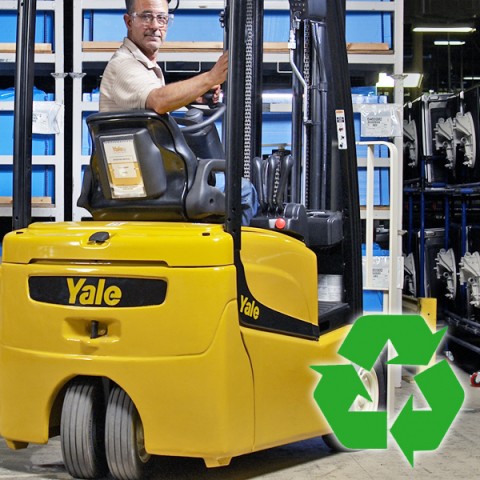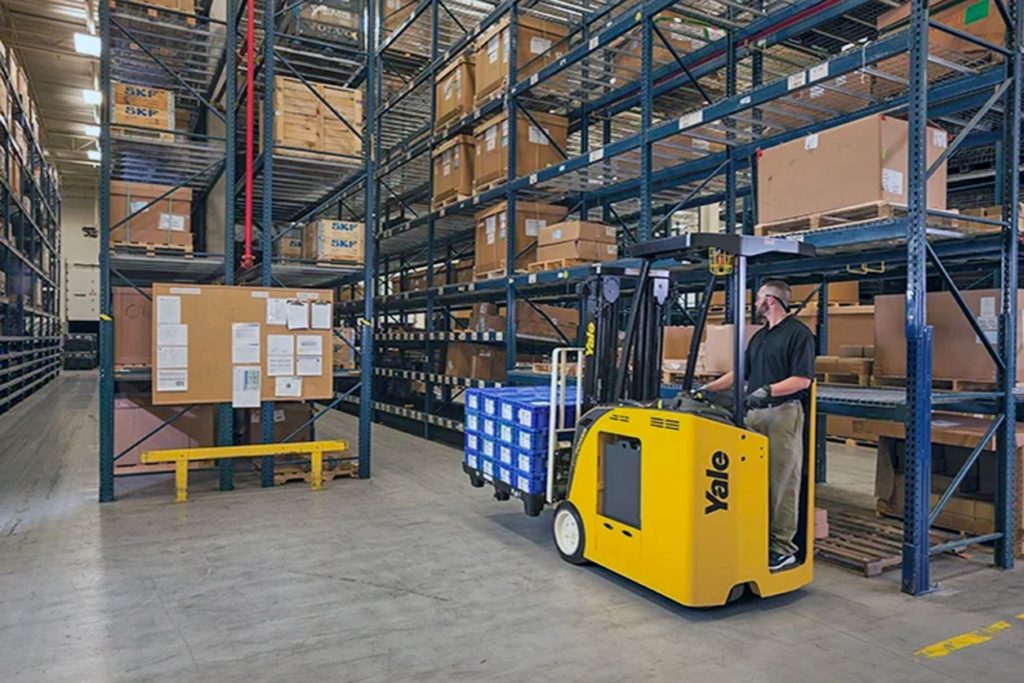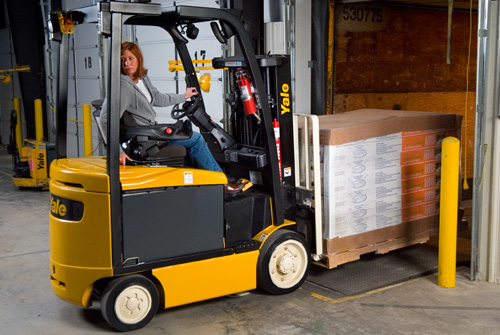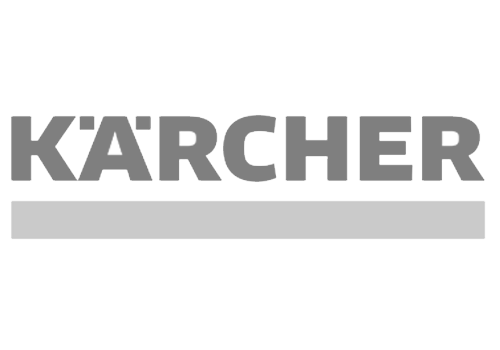
As companies become increasingly aware of the effects fuel powered equipment have on the quality of the environment in and around the warehouse, many businesses are taking action to reduce their carbon imprint through the use of electric forklifts and other material handling equipment.
Research shows that companies can actually save a lot of money by doing so. The average LPG truck costs about $5,200 a year, whereas the average electric truck only costs about $1,066.
At one point in time, fuel powered engines were the only solution for many material handling warehouse tasks. Electrics were considered for only light duty applications but that is no longer the case.
How Do Electric Forklifts Compare?

Electric Forklift vs Propane
While propane forklifts produce lower emissions and are quieter than some of their fuel powered counterparts, they are still not as clean as an electric forklift. Additionally, propane forklifts will require more maintenance as well as the added expense of propane refills.
Electric Forklift vs Diesel
While diesel forklifts may be great for outdoor and construction usage, they are not suitable for indoor use due to emissions and levels of noise pollution. Compared to the zero emissions of an electric forklift, diesel forklifts are not as versatile.
Electric Forklift vs Internal Combustion
Internal combustion forklifts are great for outdoor usage but lag behind in their indoor usability due to high levels of noise pollution and harmful emissions. Additionally, internal combustion forklifts require more maintenance in the form of part repairs, oil changes, and tune-ups.

Benefits of Electric Forklifts
Electric forklifts have made a name in the warehouse as some of the most efficient and reasonable options for indoor production. Offering a machine with minimal noise, decreased maintenance and increased operator efficiency, electric forklifts can eliminate harmful emissions while allowing companies to achieve effective production as well as EPA regulation goals.
Lift trucks are an essential part of any warehouse and can use a large amount of energy. Warehouse managers can significantly reduce energy consumption by:
- Using lift trucks designed to use the least energy
- Obtaining the right fleet with features that fit the application best
- Creating warehouse layouts that minimize travel
- Optimizing battery performance and service life
As the need for more sustainable lift trucks evolves, so has the technology behind how they work. Yale and Barclay are helping lead the way. Electrics can present a cost advantage to fuel powered engine machines. They have no fuel storage, no fuel cost and can be a lower cost of ownership for a company’s forklift fleet.
The EPA has mandated a reduction of harmful nitrogen oxide emissions inside facilities such as production and warehouse operations. An electric fleet conversion could not only eliminates lift truck emissions, it can reduce the environmental imprint by over 14,000 lbs. of carbon dioxide and 6,200 lbs. of carbon monoxide per unit annually. *Note – research and data supplied by Electric Power Research Institute (EPRI)
Going green can actually drive down operating costs, increase productivity and help the environment.
Additional Benefits
- Quiet operation, which can help reduce operator fatigue
- Less downtime and greater productivity
- No harmful exhaust emissions
- Better air quality
- About 30% longer service life than LPG trucks
How Much Can You Save With Electric Forklifts
Switching to electric works out to save you about 70—80% in fuel costs. This is a significant advantage. As you likely know, the cost of fueling LPG trucks is expensive and unpredictable. Gas prices constantly fluctuate, making it hard to lock in a budget each year and ultimately preventing you from investing in other areas of your business.
Additionally, electric trucks are cheaper to maintain, about 40% cheaper, in fact. They generally require less yearly and lifetime maintenance and experience less downtime than LP gas powered trucks. Not to mention, you don’t have to worry about replacing engine oil, filters and fluids on a regular basis. The only thing you might have to replace is the industrial battery. But thanks to recent improvements in motive power technologies, newer electric battery options require less maintenance and have longer life spans than previous models. Technologies such as NexSys Maintenance Free batteries, Lithium Ion and Hydrogen Fuel Cells are alternatives to the traditional lead acid batteries offering improved performance, longer life and lower maintenance and replacement costs.
Contact Us To Learn More
Click here to request a FREE analysis to help your company investigate the potential cost savings opportunities of Yale Electric Fleet Conversion from Barclay.







